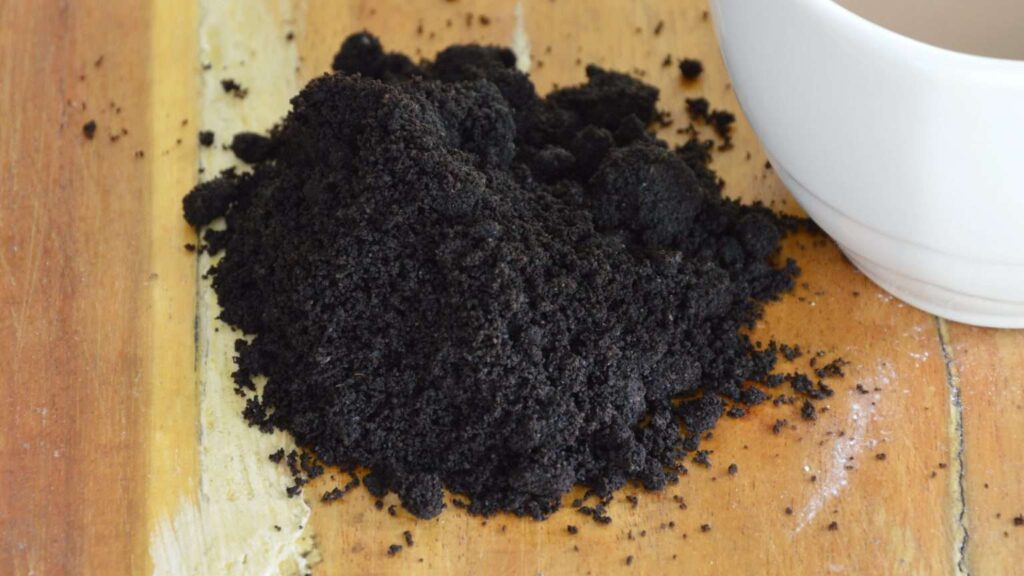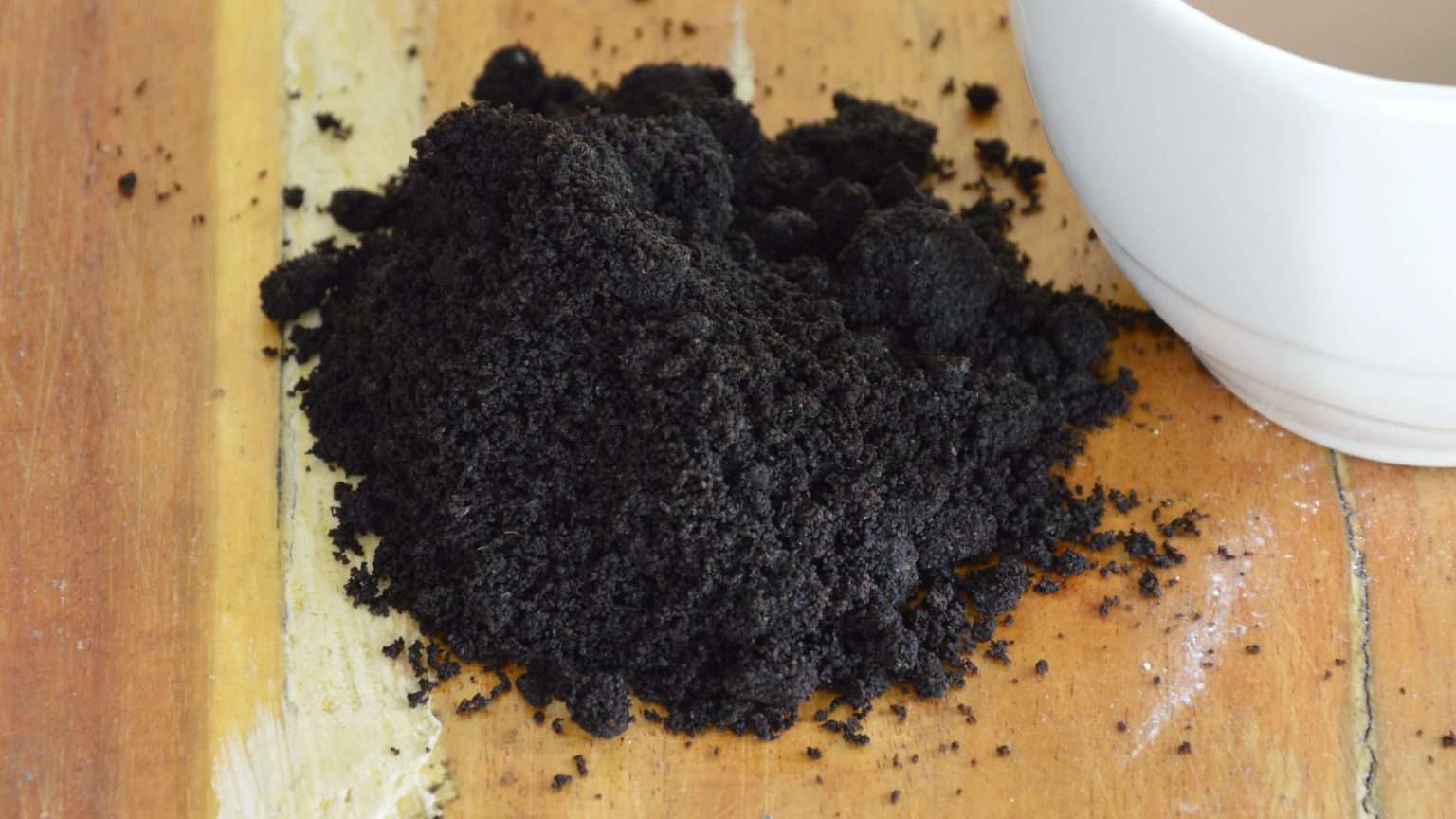
Do Squirrels Like Coffee Grounds? Unpacking the Truth Behind a Backyard Debate
The humble squirrel, a ubiquitous presence in gardens and parks across the globe, has long been the subject of both affection and exasperation. Their boundless energy, acrobatic feats, and penchant for burying treasures have endeared them to some, while their knack for pilfering birdseed and digging up flowerbeds has earned them the ire of others. One question that often surfaces in the context of backyard gardening and pest control is: do squirrels like coffee grounds? This seemingly simple question has sparked a debate among gardeners, researchers, and coffee enthusiasts alike. The answer, as with many things in the natural world, is nuanced and not entirely straightforward. This article delves into the complexities of this question, examining the science, the anecdotal evidence, and the practical implications for those seeking to coexist peacefully with these furry neighbors.
The Allure of Coffee: A Sensory Exploration
To understand whether squirrels like coffee grounds, it’s essential to consider their sensory world. Squirrels, like many animals, rely heavily on their senses of smell and taste to navigate their environment, find food, and avoid danger. Their olfactory capabilities are particularly acute, allowing them to detect subtle scents that are imperceptible to humans. Coffee, with its complex aromatic profile, presents a unique challenge to this understanding.
Coffee beans, and by extension, coffee grounds, contain a multitude of volatile organic compounds (VOCs) that contribute to their distinctive aroma. These compounds are released during the roasting and brewing processes, creating the characteristic scent that many people find so appealing. However, the same compounds that humans enjoy can have varying effects on other animals. Some may be attracted to the scent, while others may find it repulsive or even irritating.
The Science of Squirrels and Scents
Research on the specific effects of coffee grounds on squirrels is limited, and much of the information available is based on anecdotal evidence and practical observations. However, what we know about squirrel behavior and their sensitivity to scents can provide some insights. Squirrels are known to be highly sensitive to certain odors, using them to identify food sources, locate potential threats, and communicate with each other.
One theory suggests that the strong smell of coffee grounds might act as a deterrent to squirrels. Some gardeners use coffee grounds as a natural repellent, scattering them around plants they want to protect from squirrel damage. The rationale behind this practice is that the strong smell overwhelms the squirrels’ sense of smell, making it difficult for them to locate food or navigate their territory. Furthermore, the acidity of coffee grounds can be irritating to some animals, potentially deterring them from approaching treated areas. While this is the prevailing wisdom, the actual scientific evidence is not conclusive.
The Anecdotal Evidence: What Gardeners Are Saying
While scientific studies on the topic are scarce, a wealth of anecdotal evidence exists, primarily from gardeners who have experimented with coffee grounds as a squirrel deterrent. The results are mixed, with some reporting success and others finding that coffee grounds have little or no effect. Some gardeners claim that squirrels avoid areas where coffee grounds are applied, while others report that squirrels continue to dig in the soil, seemingly undeterred by the presence of coffee.
These varying experiences highlight the complexity of squirrel behavior and the potential for other factors to influence their actions. For example, the availability of alternative food sources, the time of year, and the specific preferences of individual squirrels can all play a role in whether they are deterred by coffee grounds. One gardener might find success using coffee grounds, while another may experience the opposite result. It is important to note that the effectiveness of coffee grounds may also depend on the type of coffee, the method of application, and the specific species of squirrel in the area.
The Practical Implications: Using Coffee Grounds in Your Garden
For those considering using coffee grounds as a squirrel deterrent, there are several practical considerations to keep in mind. First, it’s important to understand that coffee grounds are not a guaranteed solution. Their effectiveness can vary depending on the factors mentioned above.
Second, the method of application can influence the results. Simply scattering coffee grounds around plants might not be enough. Some gardeners recommend mixing coffee grounds with other materials, such as citrus peels or cayenne pepper, to create a more potent repellent. Others suggest burying the coffee grounds slightly in the soil to release the scent more effectively. The frequency of application is also important. Coffee grounds need to be reapplied regularly, especially after rain, as the scent will dissipate over time.
Third, it’s important to use coffee grounds responsibly. While they are generally considered safe for plants, excessive use can alter the soil’s pH and potentially harm certain plants. It’s also important to avoid using coffee grounds that contain added sugars or flavorings, as these could attract other pests.
Finally, it’s essential to manage expectations. Even if coffee grounds do deter squirrels, they are unlikely to eliminate them entirely. Squirrels are resourceful creatures, and they will likely adapt to any deterrent measures over time. A comprehensive approach to squirrel management may involve a combination of strategies, including removing food sources, providing alternative food options, and using physical barriers to protect plants. Ultimately, the effectiveness of coffee grounds as a squirrel deterrent is debatable, and the best approach may vary depending on the individual circumstances.
Beyond the Grounds: Alternative Squirrel Deterrents
While coffee grounds are a popular choice, several other methods can be employed to deter squirrels from your garden. Understanding these alternative methods is crucial to creating a comprehensive squirrel management strategy.
One common approach involves removing or securing potential food sources. This includes keeping bird feeders clean and using squirrel-resistant feeders, storing garbage securely, and picking up fallen fruit. Squirrels are primarily motivated by the search for food, and eliminating accessible food sources can significantly reduce their presence.
Physical barriers are another effective deterrent. These can include wire mesh cages around individual plants, fences around the garden, or netting over fruit trees. These barriers prevent squirrels from accessing the plants, forcing them to seek food elsewhere.
Using natural repellents, in addition to coffee grounds, can also be helpful. Squirrels are known to dislike certain scents, such as those of peppermint oil, cayenne pepper, and citrus. These can be applied directly to plants or used in homemade sprays. [See also: Homemade Squirrel Repellent Recipes]
Finally, consider providing alternative food sources. Squirrels are less likely to damage your garden if they have access to a readily available food supply. Planting nut-bearing trees or providing a separate feeding station can help divert their attention from your plants.
The Broader Ecological Context: Squirrels in the Ecosystem
Understanding whether squirrels like coffee grounds also requires a consideration of their role in the broader ecosystem. Squirrels play an important role in seed dispersal, helping to propagate trees and other plants. They also serve as a food source for various predators, contributing to the balance of the food chain. Therefore, any squirrel management strategy should be mindful of their ecological importance.
The presence or absence of squirrels in a garden or park can have cascading effects throughout the ecosystem. Their foraging habits can impact plant growth and regeneration, while their interactions with other animals influence predator-prey dynamics. Furthermore, squirrels contribute to biodiversity by providing habitat and food for a variety of species. Managing squirrels effectively requires a holistic approach that considers their ecological role and the potential consequences of any intervention.
Fact vs. Fiction: Debunking Myths about Squirrels and Coffee Grounds
The internet is rife with conflicting information regarding squirrels and coffee grounds. It is important to separate fact from fiction and understand the limitations of anecdotal evidence. One common myth is that coffee grounds are a guaranteed squirrel deterrent. As discussed previously, the effectiveness of coffee grounds varies greatly depending on several factors. Another misconception is that coffee grounds are harmful to squirrels. While the acidity of coffee grounds might irritate them, they are unlikely to cause serious harm.
It is also important to distinguish between scientific research and personal opinions. The lack of robust scientific studies on the subject means that much of the information available is based on personal experiences and observations. While this anecdotal evidence can be helpful, it should not be considered definitive proof. The truth about whether squirrels like coffee grounds is more complex than a simple yes or no answer. It is important to evaluate all available information critically and to consider the limitations of the evidence.
Conclusion: Navigating the Squirrel-Coffee Ground Conundrum
So, do squirrels like coffee grounds? The answer, based on available evidence, is not a simple one. While some gardeners report that coffee grounds deter squirrels, others find them ineffective. The effectiveness of coffee grounds as a squirrel deterrent depends on various factors, including the availability of alternative food sources, the specific preferences of individual squirrels, and the method of application.
For those seeking to coexist peacefully with squirrels, a comprehensive approach is recommended. This may involve removing food sources, providing alternative food options, using physical barriers, and exploring the use of natural repellents, including coffee grounds. Remember, the best approach is often a combination of strategies, tailored to your specific circumstances. Understanding the complexities of squirrel behavior, their sensory world, and their role in the ecosystem will allow you to make informed decisions and find a balance that works for both you and the furry residents of your backyard. [See also: Best Practices for Squirrel-Proofing Your Garden]
Ultimately, the question of whether squirrels like coffee grounds remains open to interpretation. While the evidence is mixed, experimenting with coffee grounds as a deterrent can be a part of a broader strategy for managing squirrel activity in your garden. By understanding the limitations of this method and combining it with other approaches, you can create a more harmonious environment for both yourself and the squirrels that share your space.


